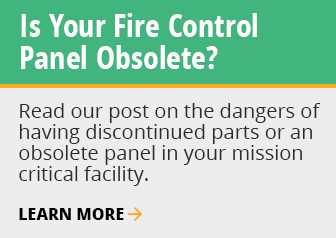Watch Lee Kaiser speak about Dialer and Communicator Technology changes. In the video excerpt below, you can watch as he explains the history and current status of the phone network.
Want Access to the Full Video?
If you'd like to watch the rest of the Dialer and Communicator Technology Changes portion of the seminar, click here to receive the full video.
Transcript
Those POTS lines are serviced by the Public Switch Telephone Network. The PSTN is a hundred years old, very, very reliable. The telecom guys call it, four 9s of reliability but that's 99.99 percent to us. The equipment is line powered so imagine, back in the old days when the power would go out you could still pick up your telephone handset and have a dial tone. That's because the power for that handset was coming over the phone lines.
Well now, those things are changing. The phone service had a minimum of 24 hours of battery backup in the telephone switching offices and everything, everything that you don't see, and oftentimes it was more than that. Voice quality is understandable, consistent, lots of bandwidth, low cost and available anywhere in the United States, so the PSTN was an excellent solution for communicating from our buildings to the monitoring service. The problem is that, you know, it's going away.
In, this last year AT&T said in an FCC filing is that their network will become irretrievably obsolete. They also said in that filing customers are abandoning their circuit switch networks and services in droves, and then their manufacturers of the equipment needed to maintain and operate their network are moving on, so, you know, not to pick on AT&T because everybody that provides PSTN service is in the same boat, but the reason that they had to go in front of the FCC is that some senator somewhere found out that they were buying parts to service their network off of eBay, okay, and so, their networks are all getting really old and nobody's parts anymore so it's a big issue. So the question is, how long will that network stick around.
This is part 2 of the Dialer and Communication Technology Changes series. Watch the previous parts at the links below:





